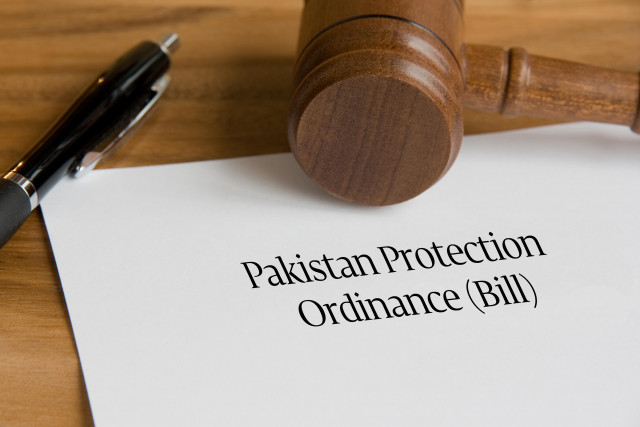A better version of the PPO
Relative to what PPO was allowing, the new proposed version involves more judicial oversight.

Opposition’s move to give constructive input, instead of merely launching into protests against the PPO and criticism of the government, is also a welcome move. PHOTO: CREATIVE COMMON
And that is exactly what the PPO was doing. Called the Protection of Pakistani Citizens’ Act (PPCA), the new version of the law submitted by the opposition still has plenty of bite — and many could correctly argue that it still infringes upon basic rights, which it does. But relative to what the PPO was allowing, which basically gave carte blanche to the security establishment, the new proposed version involves more judicial oversight. The new bill is also said to have proposed cutting down the remand period in half — from 90 to 45 days, and will involve intermittent production in front of an authority. The remand is not extendable more than thrice.
The bid to arm the legal system of Pakistan with more effective anti-terrorism laws is an important one, and the opposition’s move to give constructive input, instead of merely launching into protests against the PPO and criticism of the government, is also a welcome move. This is a healthy sign for democracy. On that note, some praise should also be reserved for the government. The ruling party and its allies had the numbers to simply bulldoze the PPO through Parliament. Even if the Senate, which is dominated by the opposition, had not passed the draconian ordinance, the law would have allowed the government to call a joint sitting of the Upper and Lower Houses of Parliament and try to pass the law, which it would have been able to do given its overwhelming majority in the National Assembly. But they didn’t take that route and there is said to have been plenty of discussions on the matter between the opposition and government on the matter. There’s nothing more encouraging than seeing political forces work across the aisles on such important issues.
Published in The Express Tribune, May 25th, 2014.
Like Opinion & Editorial on Facebook, follow @ETOpEd on Twitter to receive all updates on all our daily pieces.














COMMENTS
Comments are moderated and generally will be posted if they are on-topic and not abusive.
For more information, please see our Comments FAQ